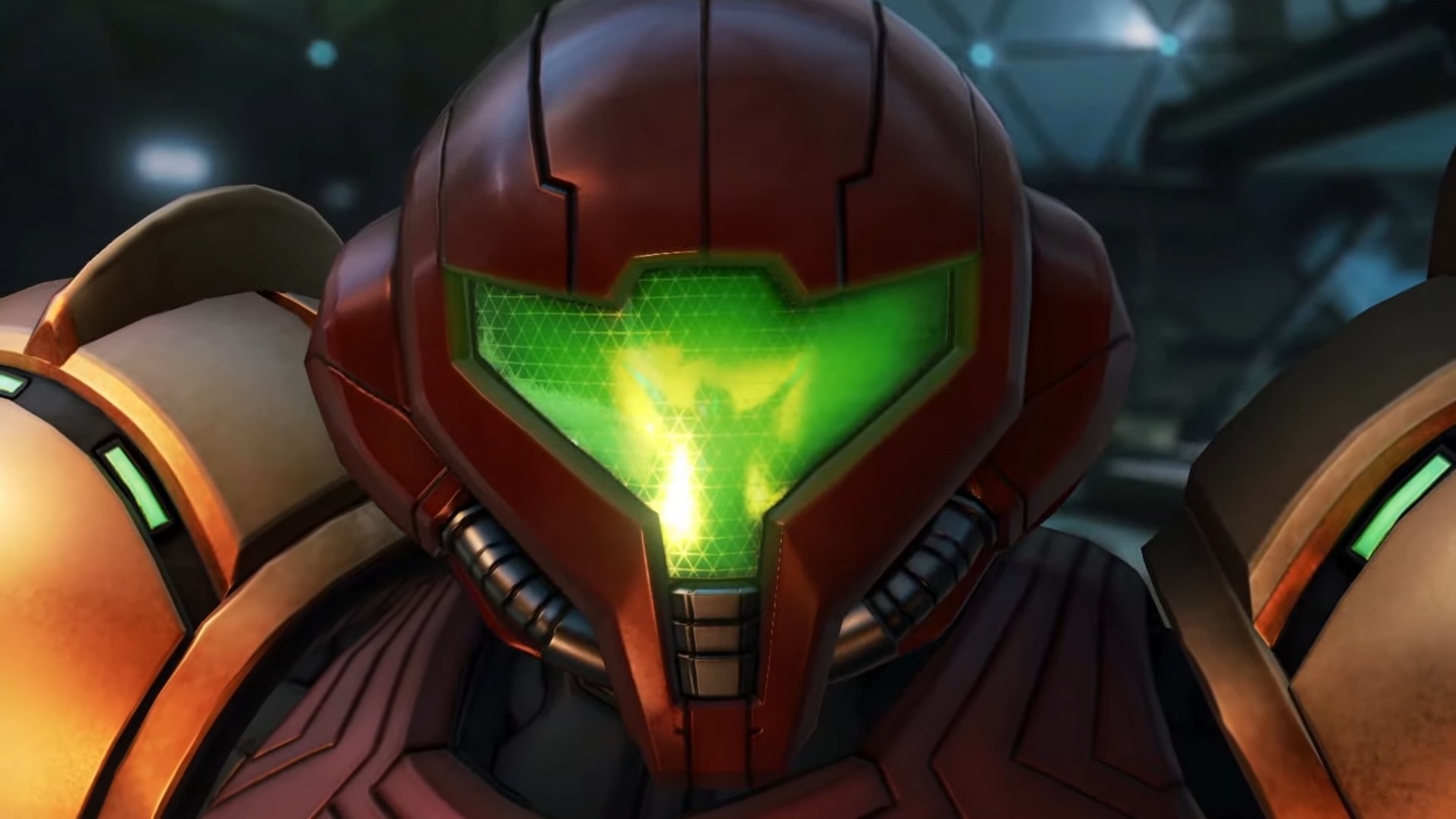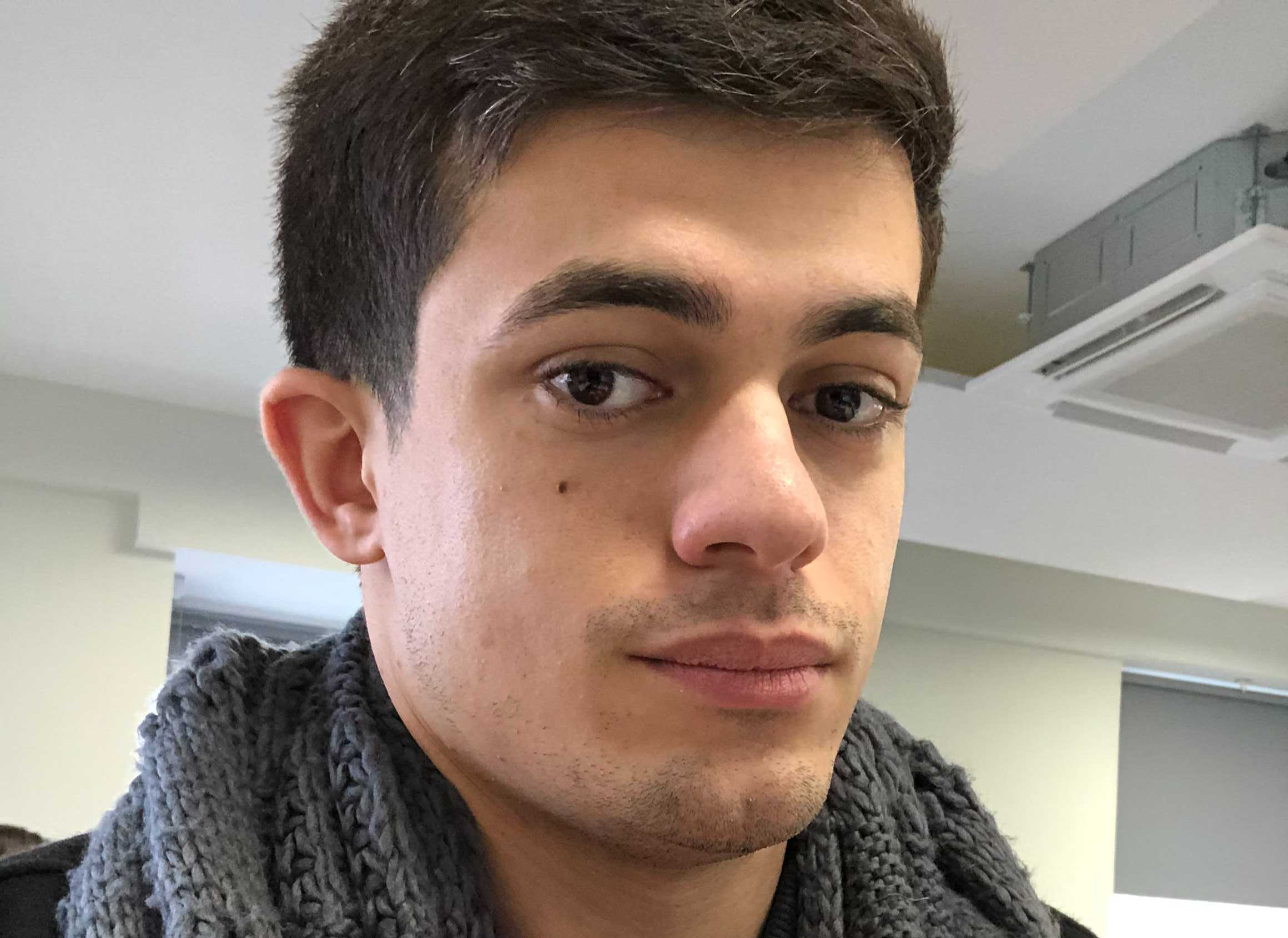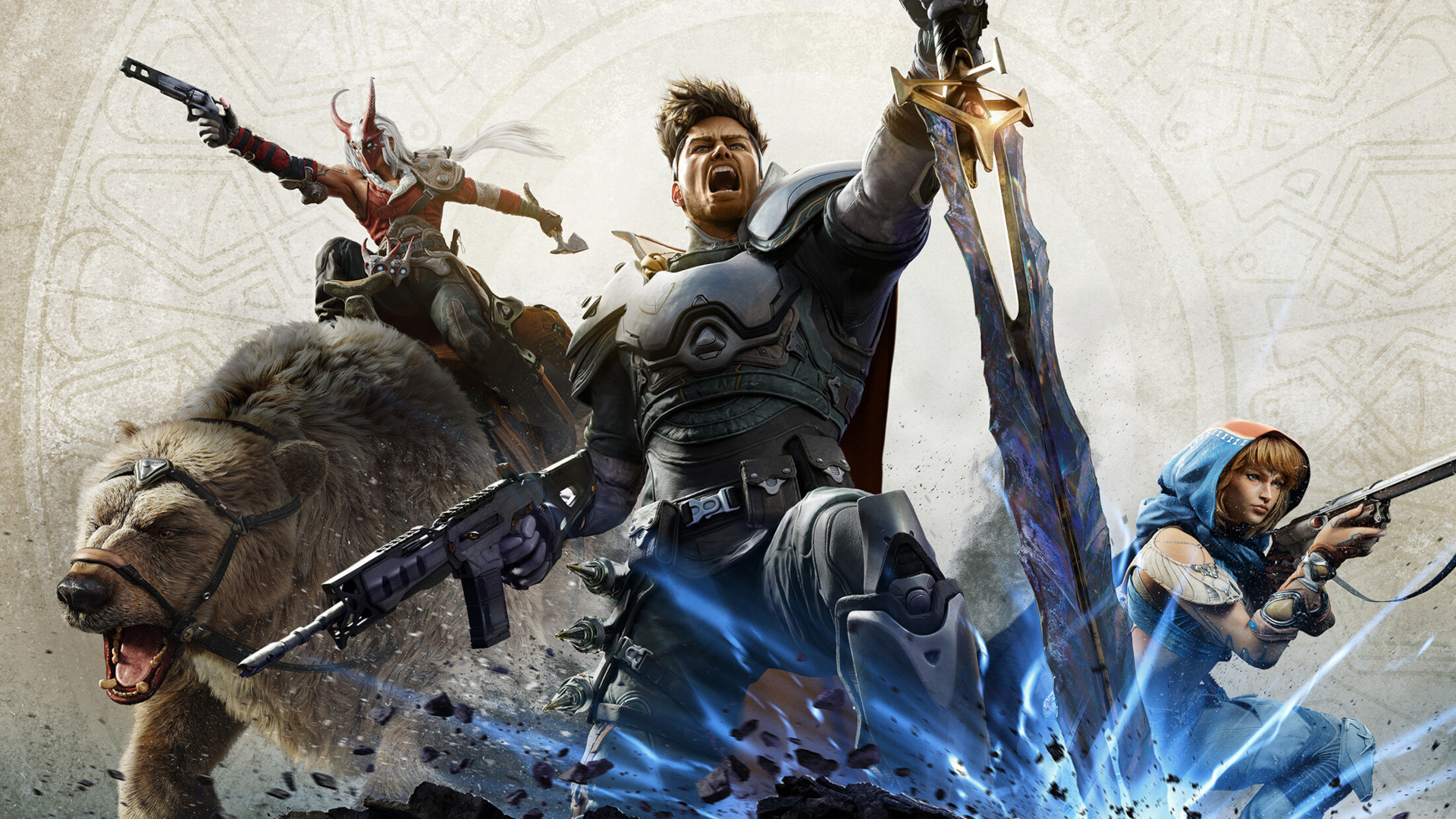Nintendo says it doesn't need generative AI to make games because it has "decades of know-how" and doesn't want any "issues with intellectual property rights"
Nintendo president Shuntaro Furukawa speaks on generative AI

Weekly digests, tales from the communities you love, and more
You are now subscribed
Your newsletter sign-up was successful
Want to add more newsletters?

Every Friday
GamesRadar+
Your weekly update on everything you could ever want to know about the games you already love, games we know you're going to love in the near future, and tales from the communities that surround them.

Every Thursday
GTA 6 O'clock
Our special GTA 6 newsletter, with breaking news, insider info, and rumor analysis from the award-winning GTA 6 O'clock experts.

Every Friday
Knowledge
From the creators of Edge: A weekly videogame industry newsletter with analysis from expert writers, guidance from professionals, and insight into what's on the horizon.

Every Thursday
The Setup
Hardware nerds unite, sign up to our free tech newsletter for a weekly digest of the hottest new tech, the latest gadgets on the test bench, and much more.

Every Wednesday
Switch 2 Spotlight
Sign up to our new Switch 2 newsletter, where we bring you the latest talking points on Nintendo's new console each week, bring you up to date on the news, and recommend what games to play.

Every Saturday
The Watchlist
Subscribe for a weekly digest of the movie and TV news that matters, direct to your inbox. From first-look trailers, interviews, reviews and explainers, we've got you covered.

Once a month
SFX
Get sneak previews, exclusive competitions and details of special events each month!
Nintendo's president has shied away from using generative AI for game development, in part because it risks "issues with intellectual property rights."
Speaking during a Nintendo shareholder Q&A earlier this week (via Tweak Town), company president Shuntaro Furukawa was asked about utilizing AI in game development: "In the game industry, AI-like technology has long been used to control enemy character movements, so game development and AI technology have always been closely related," Furukawa began.
"Generative AI, which has been a hot topic in recent years, can be more creative, but we also recognize that it has issues with intellectual property rights," the Nintendo president continued. "We have decades of know-how in creating optimal gaming experiences for our customers, and while we remain flexible in responding to technological developments, we hope to continue to deliver value that is unique to us and cannot be achieved through technology alone."
This actually sounds remarkably similar to Sony's recent stance on generative AI on topics like game development and human creation. Speaking during a presentation last month, Sony CEO Kenichiro Yoshida acknowledged that although AI "has been used for creation," it is "not a substitute for human creativity." Yoshida added that Sony positions AI "as a technology that supports creativity."
This isn't Nintendo or Sony entirely steering clear of using AI in game development. As Furukawa points out, AI is already utilized in the game development process, but as a specific program to run an individual part of a game like enemy movements and attacks, rather than actually generative parts of a game entirely from scratch, such as concept or character art.
Elsewhere, other companies have leaned further into generative AI than both Sony and Nintendo. Ubisoft president Yves Guillemot, for example, stated last month that he expected a lot from generative AI in Ubisoft's games, believing AI would make in-game worlds feel "more alive and richer." EA CEO Andrew Wilson estimated that more than 50% of EA's game development process would be impacted by AI.
Look over our upcoming Switch games guide for an overview of all the titles Nintendo currently has in the pipeline.
Weekly digests, tales from the communities you love, and more

Hirun Cryer is a freelance reporter and writer with Gamesradar+ based out of U.K. After earning a degree in American History specializing in journalism, cinema, literature, and history, he stepped into the games writing world, with a focus on shooters, indie games, and RPGs, and has since been the recipient of the MCV 30 Under 30 award for 2021. In his spare time he freelances with other outlets around the industry, practices Japanese, and enjoys contemporary manga and anime.


